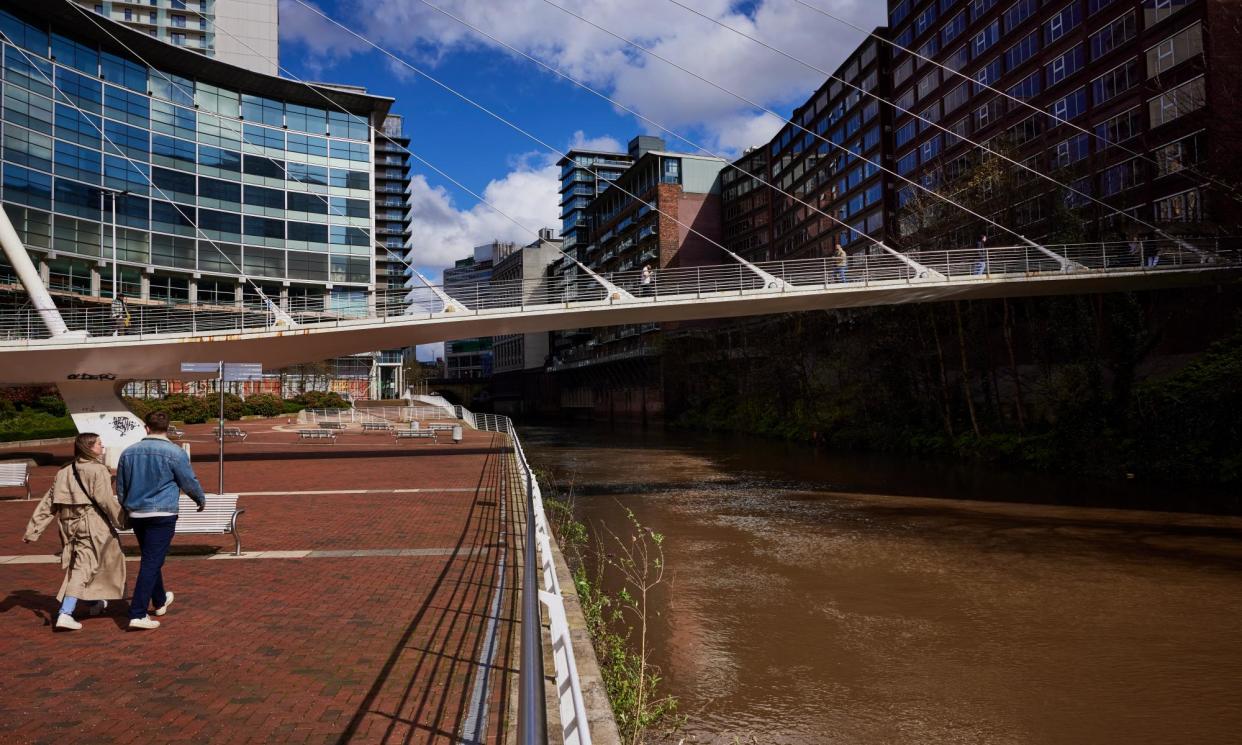Ruling paves way for businesses and public to sue water firms over sewage

Water companies could face a spate of legal challenges by people and businesses affected by sewage pollution after a ruling that United Utilities could be sued by a private company for damage caused by the dumping of human waste.
Lawyers said it was a “watershed moment” as the courts had previously ruled that penalties for water companies were a matter for the regulator, and companies could not sue firms for damage caused to their property by sewage pollution.
The Manchester Ship Canal Company, which has been trying since 2010 to bring a claim against United Utilities, has alleged that discharges from 121 sewage outfalls within its networks constituted a trespass.
In February 2012, the high court ruled in favour of United Utilities, but this was later overturned by the court of appeal, and then restored by the supreme court in 2014. Then, in March 2021, the high court ruled it was the role of regulators and not the courts to address problems caused by sewage dumping.
The Environmental Law Foundation, supported by the Good Law Project, challenged this decision, arguing that there should be legal options for people directly affected by sewage pollution. But the court of appeal found against them and said the only option for recourse in issues caused by pollution was through the regulator, and that the law did not allow people or companies directly affected to bring private claims against the water companies.
The case then went to the supreme court, which overturned the previous rulings and found that United Utilities can be held to account for damage caused by discharges.
The court said the 1991 Water Industry Act does not prevent the company from bringing a claim for nuisance or trespass when a canal is polluted by sewage discharges from United Utilities’ sewers, even if there has been no deliberate misconduct or negligence.
Lord Reed and Lord Hodge said: “The supreme court unanimously allows the canal company’s appeal. It holds that the 1991 act does not prevent the canal company from bringing a claim in nuisance or trespass when the canal is polluted by discharges of foul water from United Utilities’ outfalls, even if there has been no negligence or deliberate misconduct.”
The Good Law Project’s interim head of legal, Jennine Walker, said: “This is a sensational victory. It gives us stronger legal tools to turn the tide on the sewage scandal and hold water companies to account, after repeated failures from our toothless and underfunded regulators.”
A United Utilities spokesperson said: “We are considering the implications of the supreme court’s ruling and the clarification of the circumstances in which private owners could bring proceedings in respect of discharges. We understand and share people’s concerns about the need for change and we have already made an early start on an ambitious proposed £3bn programme to improve over 400 storm overflows across the north-west which would cut spills by 60% over the decade to 2030. These proposals form part of our business plan, which is currently under consideration as part of Ofwat’s price review process.”

 Yahoo News
Yahoo News 
